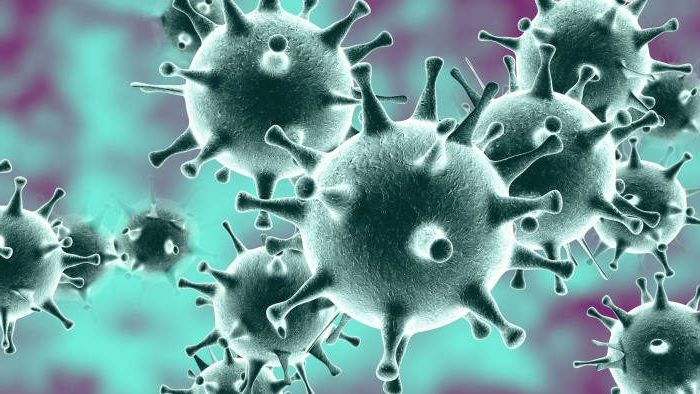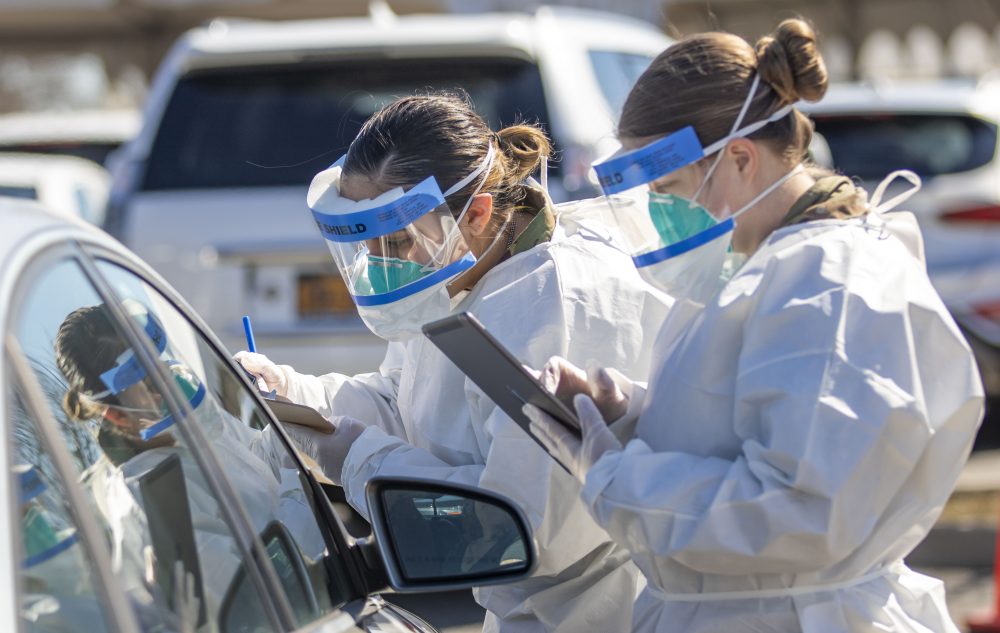SARS-CoV-2 Now to Be Distinguished From Other Corona Viruses Using THIS Device

Researchers have invented a tablet-sized device that can draw a difference between antibodies produced in response to SARS-CoV-2 and four other coronaviruses with an accuracy of 100 percent.
A team of researchers at Duke University in the US has tried making an easy-to-use and energy-independent device that is quite reliable. It can detect multiple Covid-19 antibodies and biomarkers simultaneously. The researchers are also working to know if the point-of-care device can be used to detect the pre-severity of the Covid-19 infection or a person’s immunity against the variants of the virus.

The researchers have recently shown that the platform called “D4 assay” can observe Ebola infections a day earlier than the gold-standard polymerase chain reaction (PCR) test.
A professor Ashutosh Chilkoti from Duke University said, ‘”The D4 assay took six years to develop, but when the WHO declared the outbreak a pandemic, we began working to compress all of that work into a few months so we could explore how the test could be used as a public health tool.”
He further added, “Our test is designed to be both adaptable and truly point-of-care, and this is clearly a scenario when a portable, fast and cost-effective diagnostic would be most useful.”
The technology uses a polymer brush coating that performs as a sort of non-stick coating to put a full stop on everything except the desired biomarkers from attaching to the test slide when it’s wet. According to the researchers, the high level of effectiveness of the non-stick shield makes the D4 assay too sensitive to even lower the levels of its targets. They said that this approach allows researchers to print different molecular traps on different areas of the slide to capture multiple biomarkers at once.

Few blood drops and biomolecular lubricant, the test runs autonomously in minutes and can be read with a detector which is roughly the size of a tablet.
A Ph.D. student Jason Liu from Chilkoti lab who designed and built the detector said, “The detector is battery powered and the test doesn’t require any power at all, so you can throw the whole thing into a backpack and truly test at the point-of-care with minimal resources.”
The researchers said the test was able to detect the antibodies in all of the 31 patients tested with severe cases of Covid-19 after two weeks.
The platform’s proven accuracy and flexibility make it an eligible candidate for developing into other types of tests or for use in future pandemics.
Like, the platform could potentially be able to test whether or not people have immunity to the various strains of SARS-CoV-2 that continue to emerge, the team added.
Jake Heggestad, a Ph.D. student working in the Chilkoti lab who developed the chip for the test said, “There are a lot of questions from people about whether or not they’re protected from new variants of Covid-19, and our test could answer some of those.”
Heggestad further added, “We believe that our platform should be able to distinguish between whether people have antibodies that can neutralize emerging variants of concern or if those antibodies aren’t going to be protective against new variants.”










